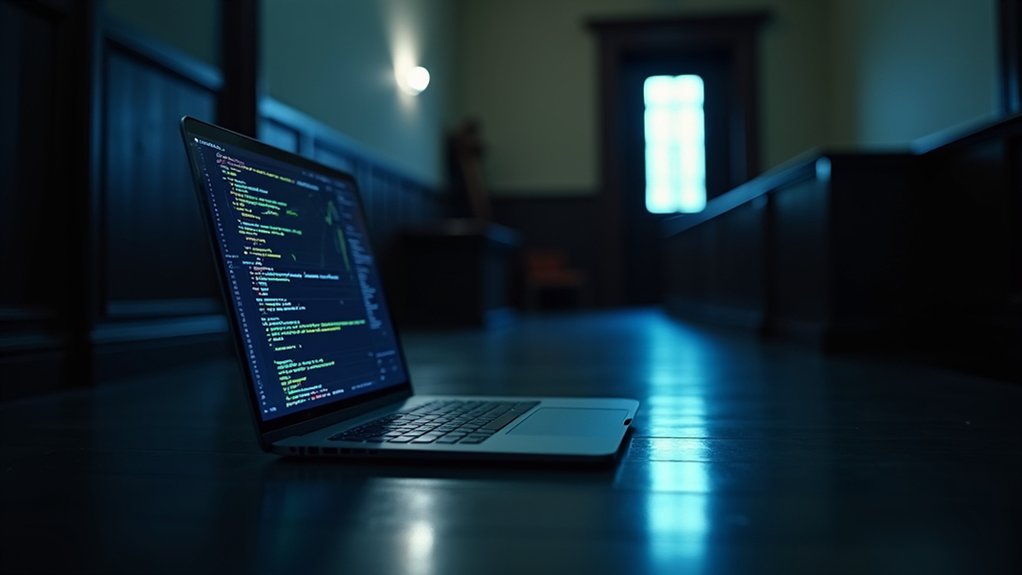In a sharply worded repudiation that underscores the perils of unchecked financial innovation, OpenAI has categorically disavowed any affiliation with Robinhood’s recently launched tokenized shares, exposing the precarious legal and ethical minefield posed by unauthorized digital representations of private equity—tokens that, despite their blockchain veneer and market hype, neither confer genuine ownership nor receive sanction from the entities they purport to represent. OpenAI stated that transfer of its equity requires approval, which was not given, further invalidating Robinhood’s offerings. This brazen disavowal not only highlights the glaring absence of legal compliance but also raises profound privacy concerns, as unsuspecting investors might inadvertently expose themselves to risks far beyond mere market volatility. OpenAI’s emphatic warning serves as a cautionary beacon against the cavalier attitude permeating tokenized assets, where transparency is sacrificed on the altar of innovation, and regulatory frameworks remain conspicuously inadequate. The company emphasized that it has not authorized or participated in the creation or distribution of these tokens, underscoring the lack of any official endorsement.
Tokenized shares, by design, leverage blockchain’s immutable ledger to simulate trading and fractional ownership of underlying stocks, yet this technological allure masks a troubling reality: these digital proxies neither grant shareholder rights nor guarantee linkage to actual equity, thereby muddying the waters of investor protection and legal accountability. Robinhood’s deployment of such products, particularly targeting European investors through a special purpose vehicle, amplifies concerns about the robustness of privacy safeguards and the fidelity of ownership records, especially when the purported issuers themselves repudiate involvement. The Securities and Exchange Commission’s cautious stance and calls from industry watchdogs for stringent oversight underscore the regulatory vacuum that tokenized shares currently navigate—a vacuum rife with potential for misrepresentation and exploitation.
In this context, OpenAI’s public distancing is not merely defensive posturing but a necessary rebuke of a market innovation that, without rigorous legal compliance and respect for privacy imperatives, threatens to destabilize trust in financial markets and erode the very foundations of equitable investment.









